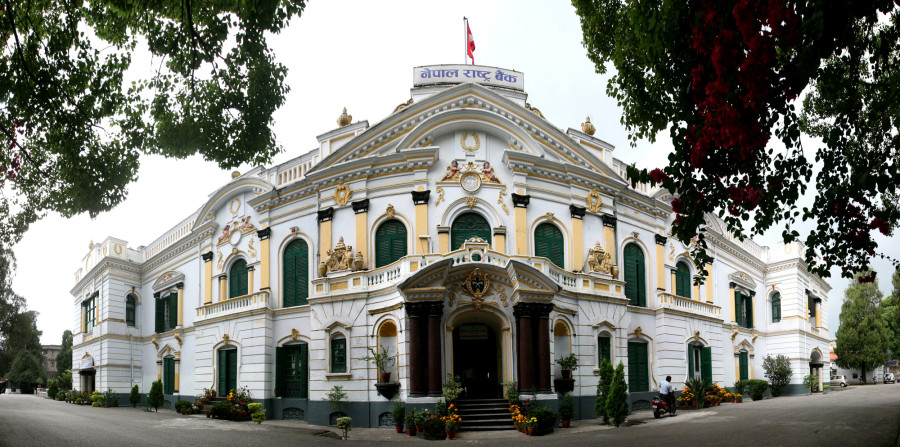Editorial
Curbing foreign spending is not the answer
The real problem here is not the outflow of tourists and students, but the ever-expanding balance of payments deficit.
Nepal Rastra Bank has in its Monetary Policy 2019-20 announced plans to regulate the use of the country’s foreign exchange reserves. Specifically, they have vaguely pointed to policies that will curb the use of foreign exchange by Nepalis going to travel abroad for study or leisure. Now, such policies are necessary to shore up Nepal’s foreign exchange reserves—ever so important because the country relies on imports to fulfil even basic necessities such as food. Moreover, such controls are expected to be enacted in the short term, until the reserves reach a healthy level. However, instead of curbing the personal liberties of the people wanting to go abroad, even in the short term, the government should have implemented measures so that reserves would not deplete in the first place. After all, these foreign exchange imbalances do not occur overnight, and the country has known for long that its trade deficit is ever-growing.
There is a consensus among economists that these restrictions may be required at the moment to allow for the currency reserves to replenish. The country saw the trade gap reach record highs this past fiscal year. However, the fact also remains that recent attempts to reduce currency outflow have not helped reduce the deficit. For instance, the central bank in January had reduced the amount Nepali tourists could carry abroad, from $2,500 to $1,500, and reduced the amount that out-migrants could take from $500 to $200. The balance of trade skewed to the highest ever in the negative direction despite these control measures.
But people will be severely affected by these moves, especially students, whose personal freedom to choose where to study will be infringed upon. The pursuit of higher education is a grand aim that can only help Nepal’s economy in the long-run, with more Nepalis gaining skills and knowledge that will help improve the country. It should not be up to the Nepal Rastra Bank, guardian of macroeconomic stability and regulator of financial institutions, to decide where the students get to study abroad, and whether such universities are ‘expensive’ or not. Moreover, it is not as if the students have many choices in the matter of going abroad. Being riddled as it is with accusations of impropriety, so much so that even the quality of the teachers cannot be guaranteed, it is understandable that students would rather go to university abroad than trust their futures on Tribhuvan University. Not just TU, but such issues are prevalent in most Nepali universities, mired as they are by poor quality and politics.
The real problem here is not the outflow of tourists and students, but the ever-expanding balance of payments deficit. The only way this can be reversed is if Nepal can leverage key sectors with the potential to grow. One much-touted sector is tourism. However, the government has been failing to create a coherent and effective strategy to boost this sector. The authorities concerned should not attempt to ‘encourage’ hard-working Nepalis that want to travel abroad using their own money to ‘travel domestically’, as the Rastra Bank spokesperson has said. After all, travellers can be the best ambassadors abroad for the home country. Instead, the government can help create more attractive marketing strategies to encourage more foreign tourists to visit Nepal and to spend foreign money.
***
What do you think?
Dear reader, we’d like to hear from you. We regularly publish letters to the editor on contemporary issues or direct responses to something the Post has recently published. Please send your letters to [email protected] with "Letter to the Editor" in the subject line. Please include your name, location, and a contact address so one of our editors can reach out to you.




 9.7°C Kathmandu
9.7°C Kathmandu














